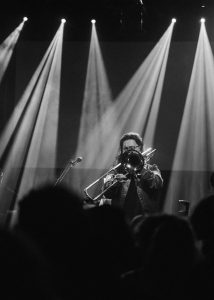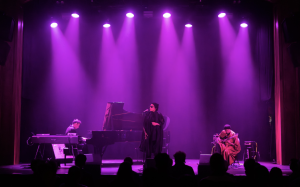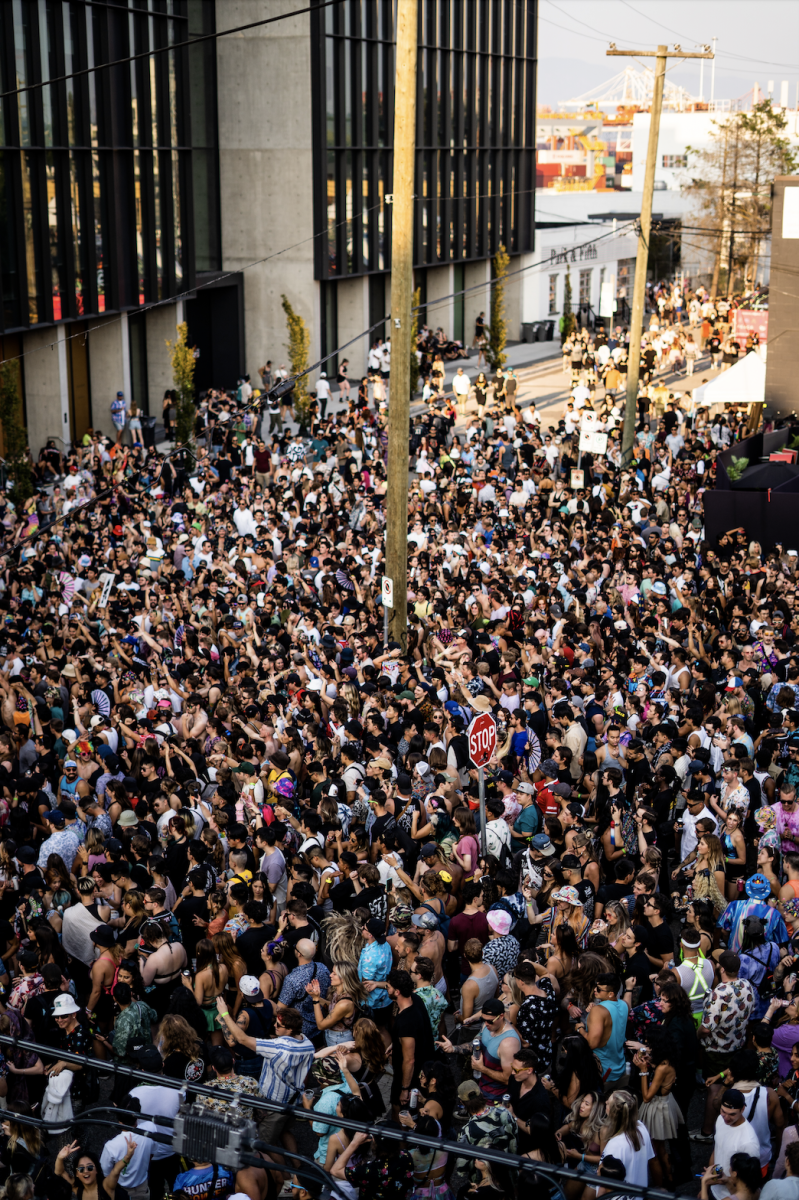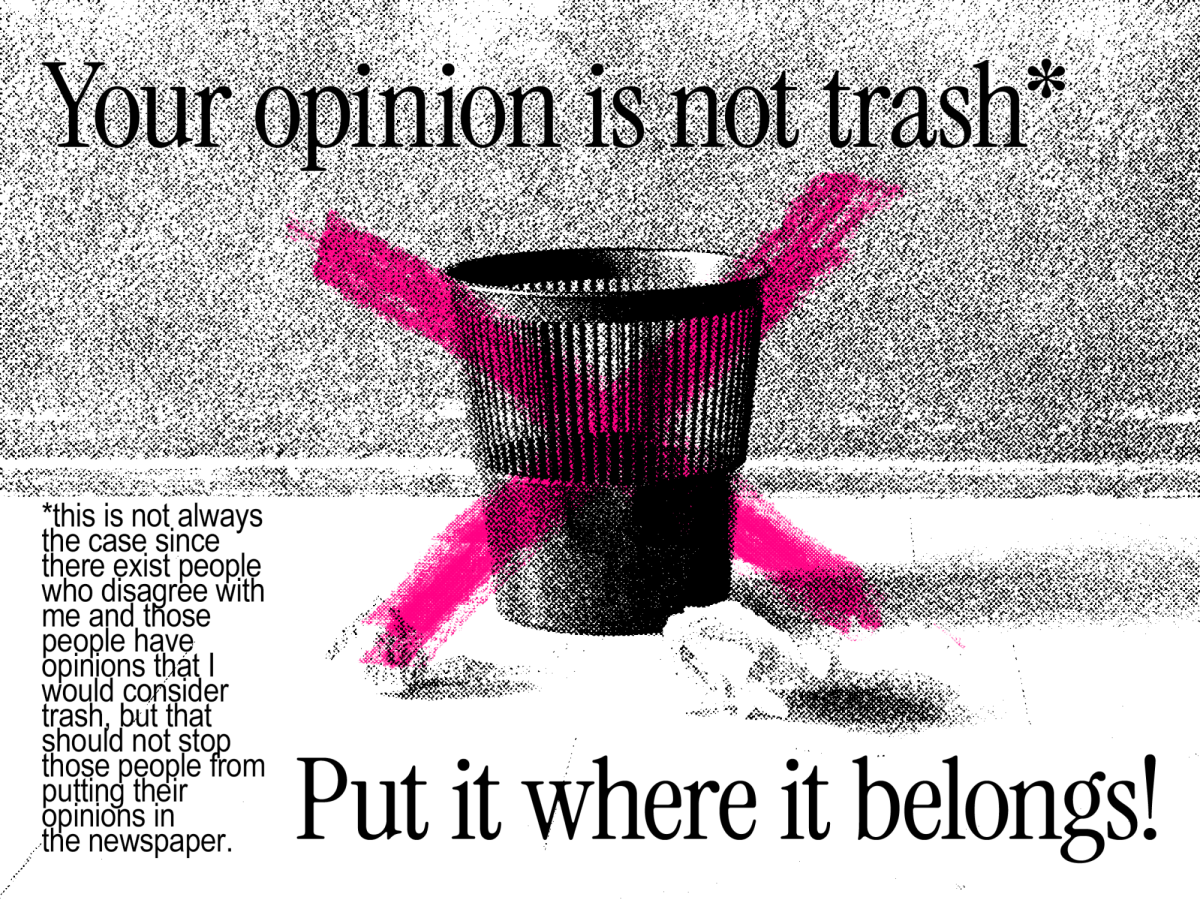Actually, it has a lot of problems. From venue overpacking and poor crowd behavior to inflated ticket prices and Live Nation’s entertainment monopoly, concert-going now feels like a far cry from what it once was. It’s almost impossible to imagine that there was once a time you could follow your favorite band city to city on tour (People still do this and I don’t know how -Madi), let alone get tickets for a show without lingering in a Ticketmaster presale portal for hours on end.
In the past few years, all three of us have noticed similar trends. Getting to see your favorite artist live often means spending at least three figures on tickets ripe with unexplained ‘convenience fees,’ and jostling your way to the front of the crowd only to be surrounded by people standing motionless in the hopes of getting the best possible Instagram video. And there’s nothing wrong with Instagram videos, but we can’t help but feel that the prioritization of social media content over audience participation is smothering whatever embers remain of the live music experience.

There used to be a day when, instead of waiting for hours in a Ticketmaster queue, you were waiting for hours in line to purchase tickets at the box office (Ah, the days before the internet -Sean). However, instead of spending all that money, you just paid $10 and got a ticket.
Gone are the days when one could spontaneously add a concert to their day plans. Instead, we face mobs of pushy fans, tall people detracting from the view of the stage (Sometimes the tall people break your tooth -Sean) and an overall anxiety-inducing setting. Surrounded by cellphones, the younger generation may be oblivious to these issues. In addition to that, people who lack decorum in social settings.
Imagine snagging tickets to an artist you love and whose vocals you dream of hearing live. Months later, a planned outfit and saved funds lead you to the venue where you find the end of the security line. You quickly realize the crowd is disorganized and eager to head a sprint for the barricade. As security begins, it is a fight for your life while making the trek inside the venue to find a seat or place in the pit. Throughout the entire show, commentary flows from all directions as you get squished perpetually. By the time the concert is over, it feels like all the trouble was not worth it, and regret starts to sink in. It doesn’t help that your wallet is now empty. (This scenario is heavily inspired by my Louis Tomlinson concert experience at WAMU Theater -Madi).
This is a scenario that has become more and more frequent for the average concert-goer. Live performances were once a way for fans to feel more connected to their favorite artists; now, it is a struggle to even get inside the venue without being trampled. Overcrowding and understaffing are serious dangers that venues continue to leave unaddressed.

However, all hope is not lost. There is still one way to capture the spiritual experience of being engulfed in sound with your closest friends and strangers alike. Local shows are the backbone of any city’s music scene, and Seattle is one of the most storied examples. Crammed into a dingy bar or house basement, in my (Genny) experience local concert-goers are far more kind, social and ready to mosh and jump around. Performing and getting to see your friends perform is always a highlight as well in these environments. (One time my friend cut open his hand on his bass guitar, wrapped it in his t-shirt and kept playing. It was epic -Sean) I’ve spent almost every Friday night of my (Genny) teen years dropping seven bucks to dance, sing along and cheer for whoever was playing their heart out on stage.
At their worst, concerts can be an expensive, uncomfortable, disappointing and even dangerous experience. But at their best—and what we believe all concerts have the capacity to be—they’re a moment of transcendent connection with those around you. They bring you back to the indescribability of music, felt in all its power, and are an opportunity to share that feeling with the people around you. And at least until audiences at stadium shows acknowledge concerts as a communal event—go to your local venue!




